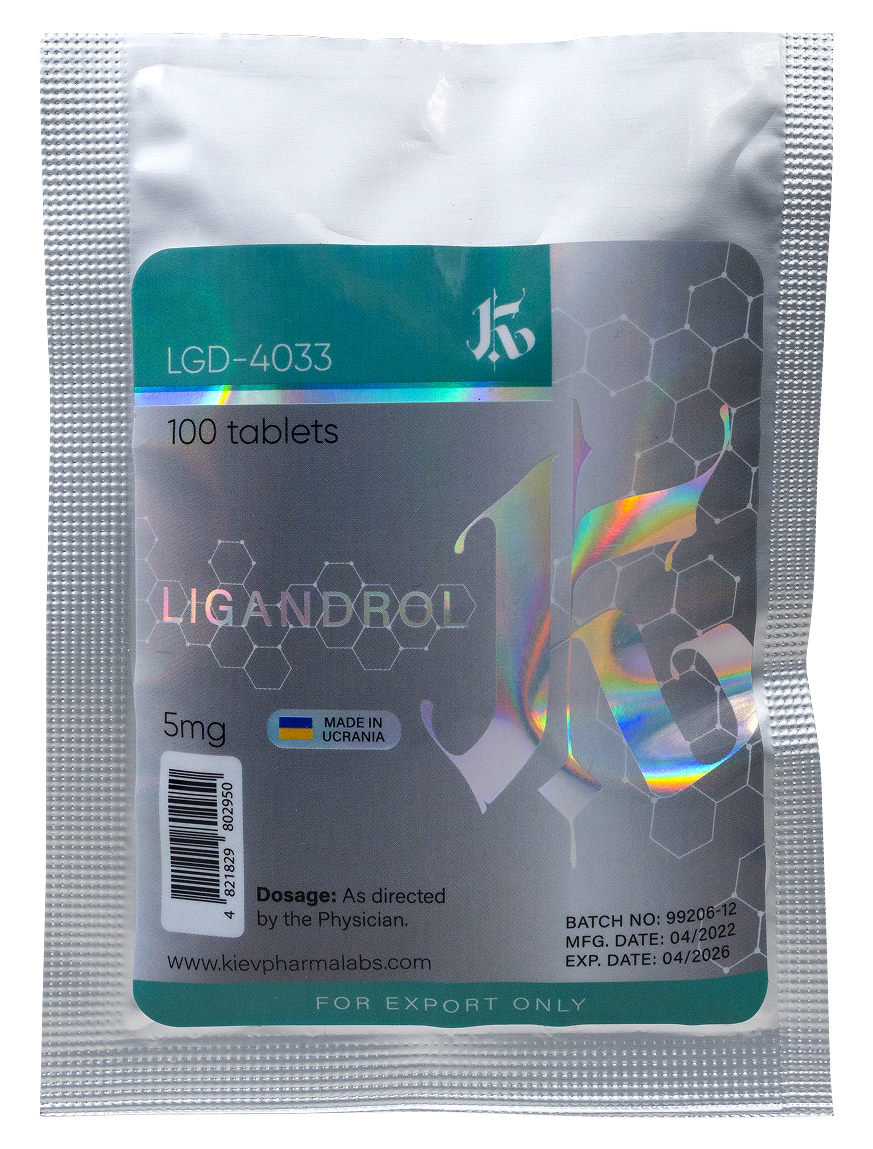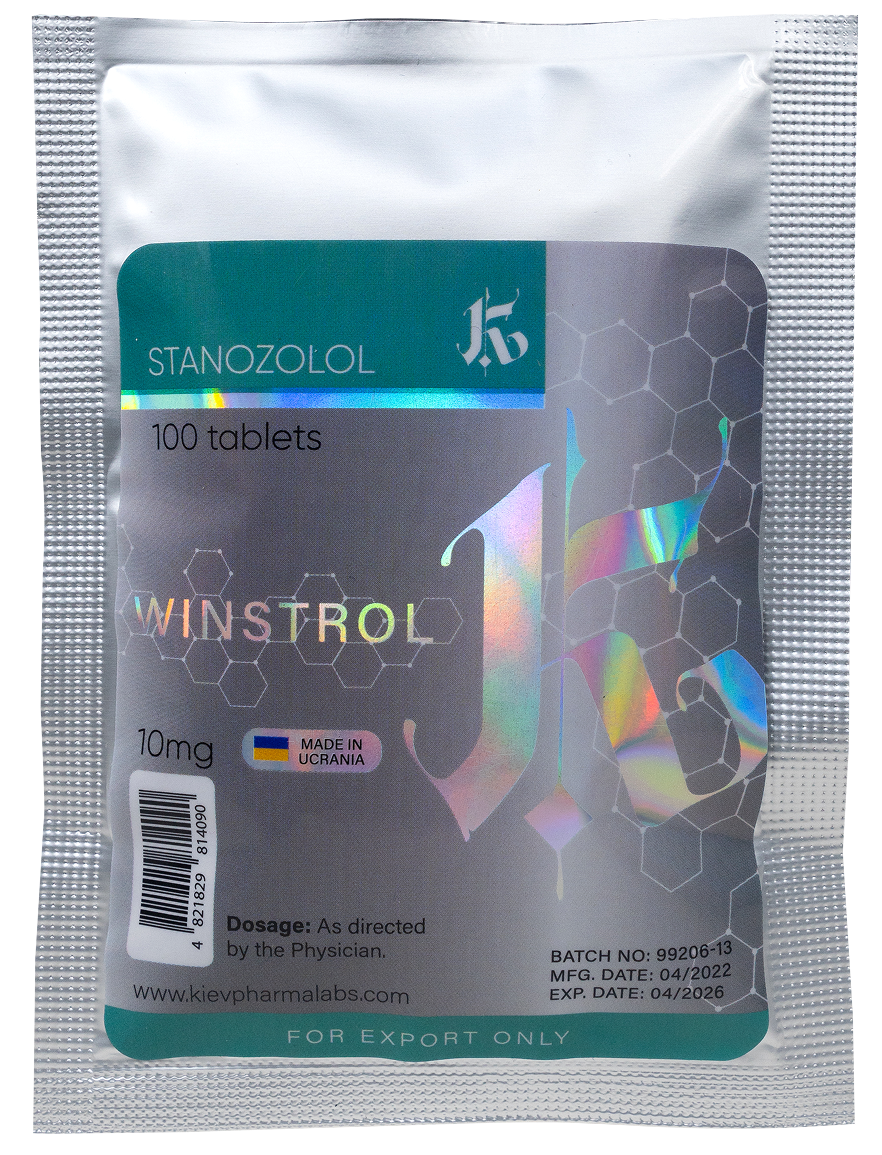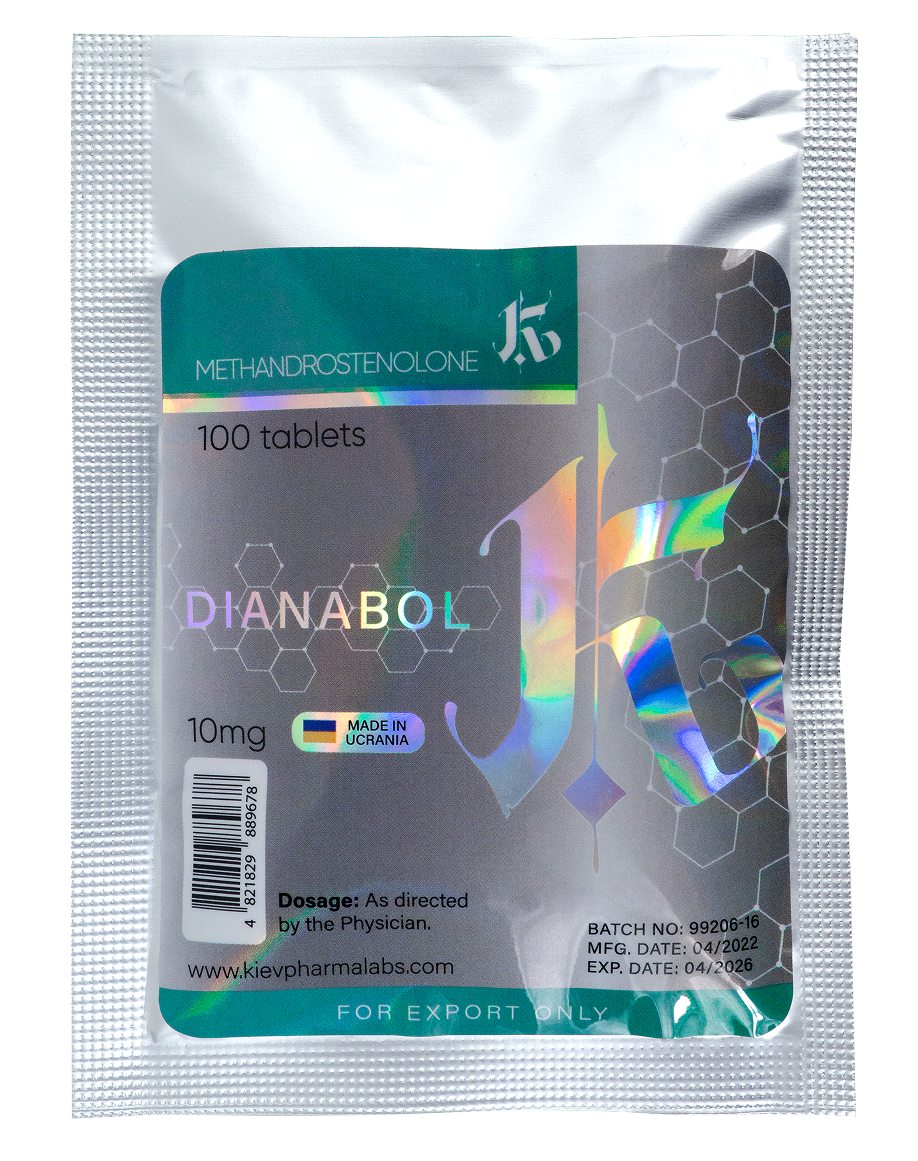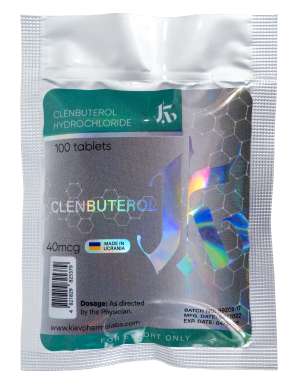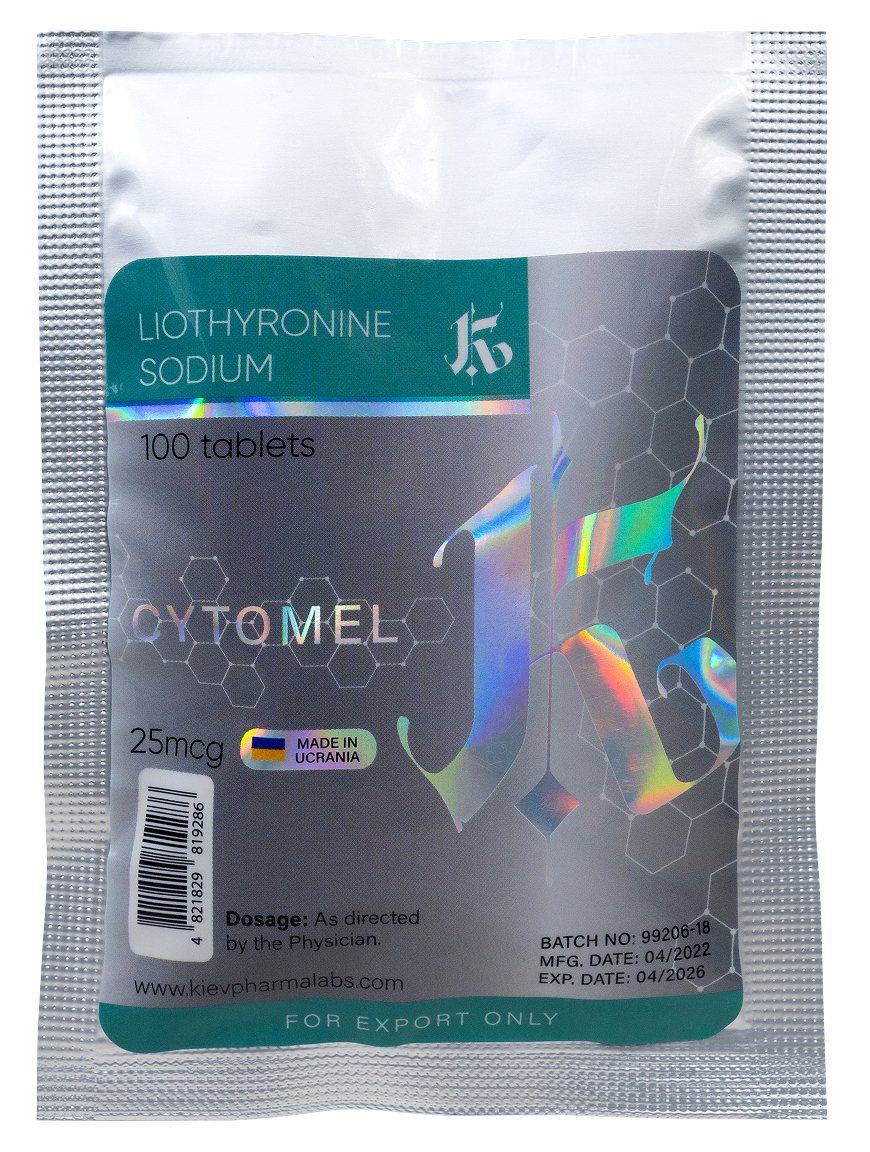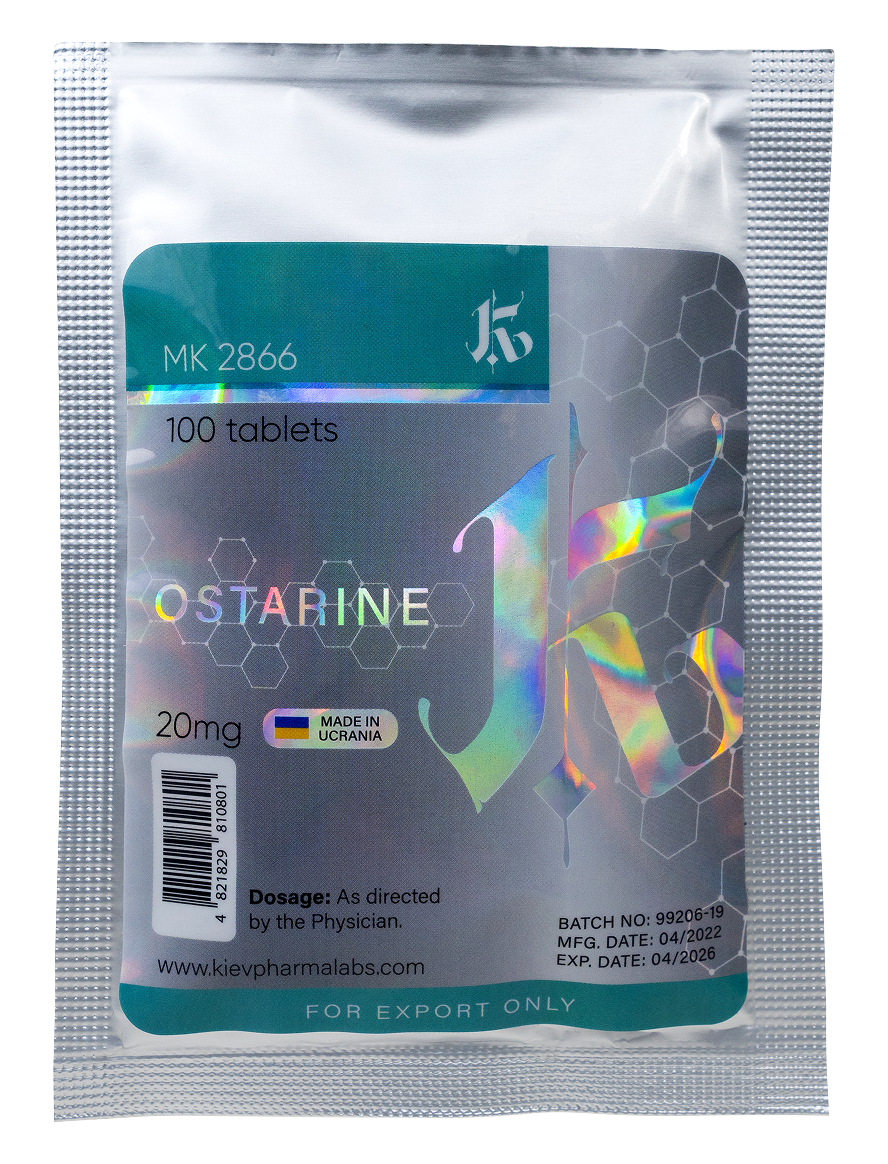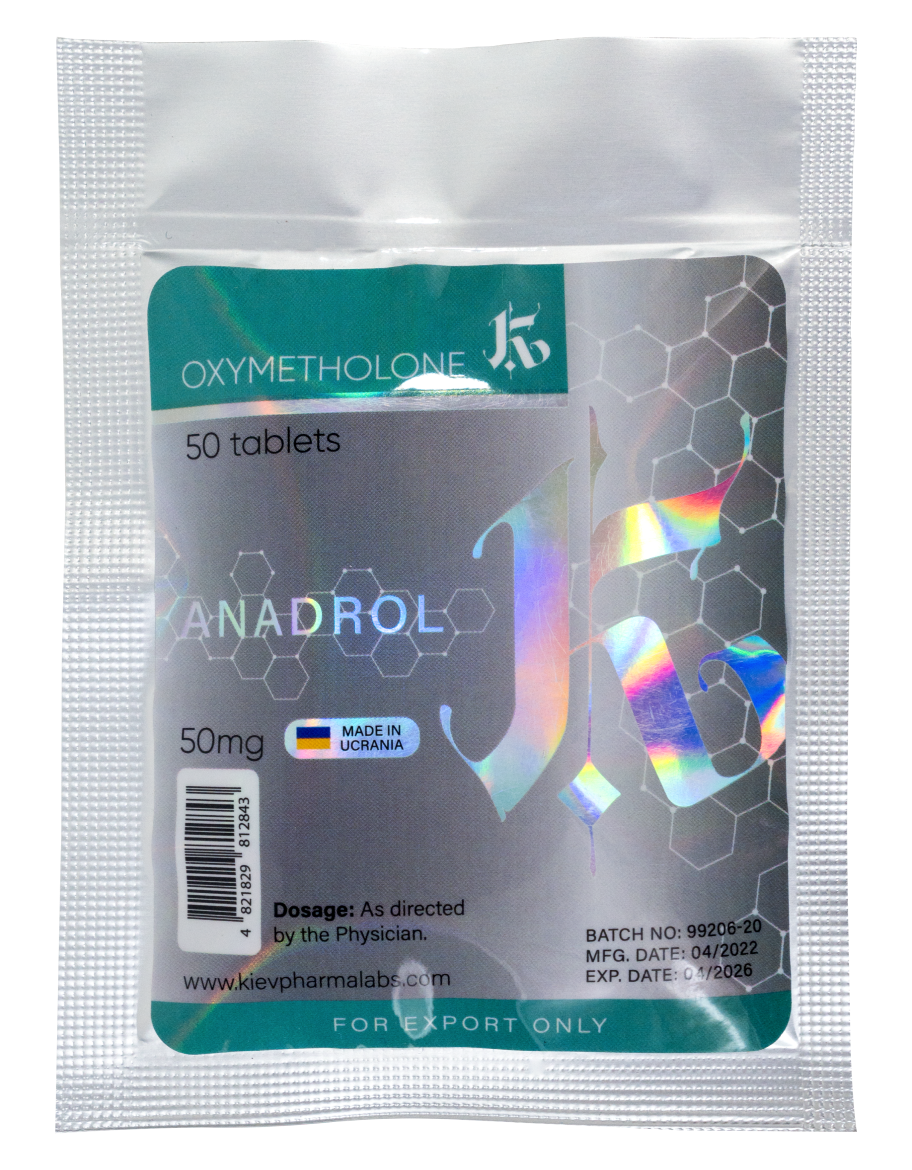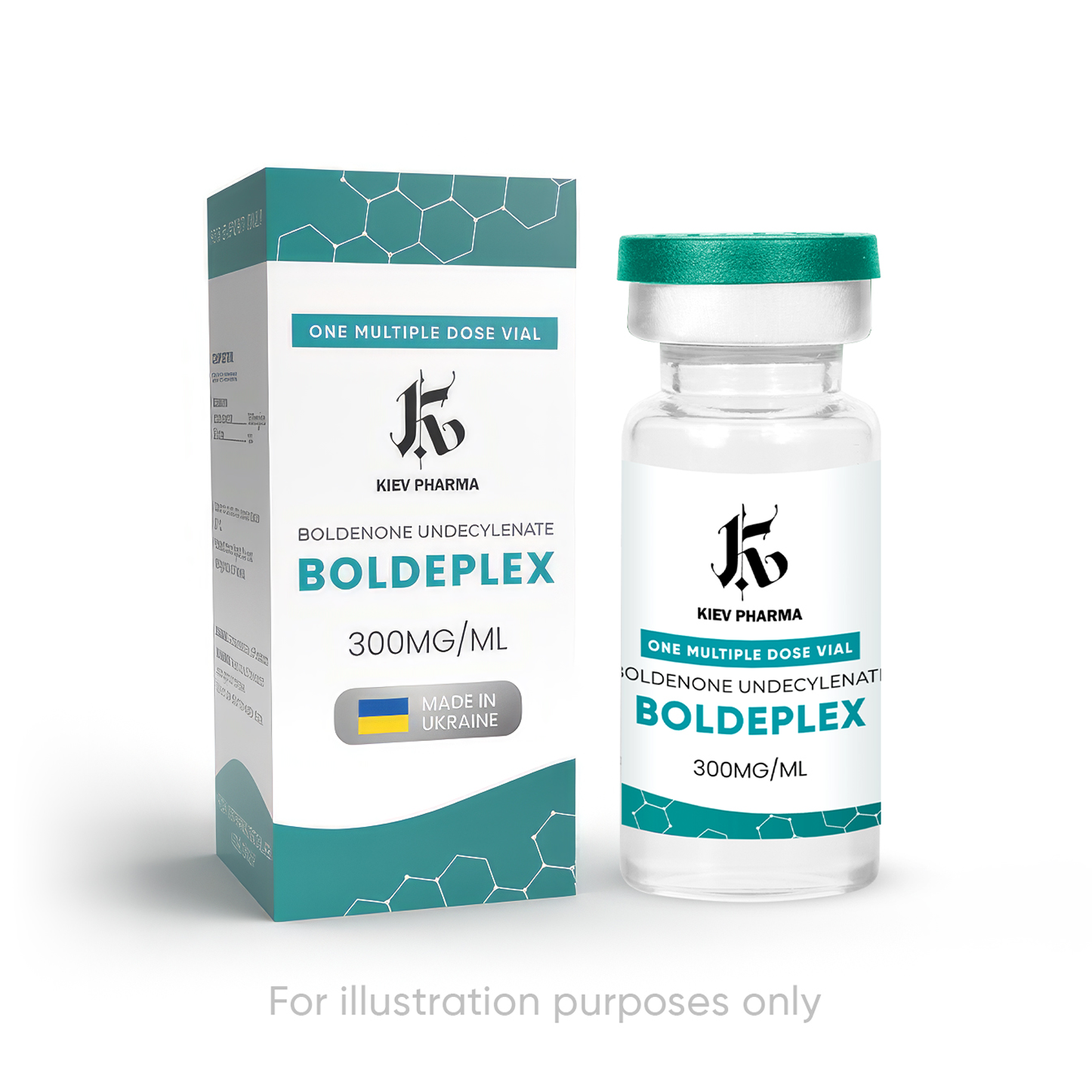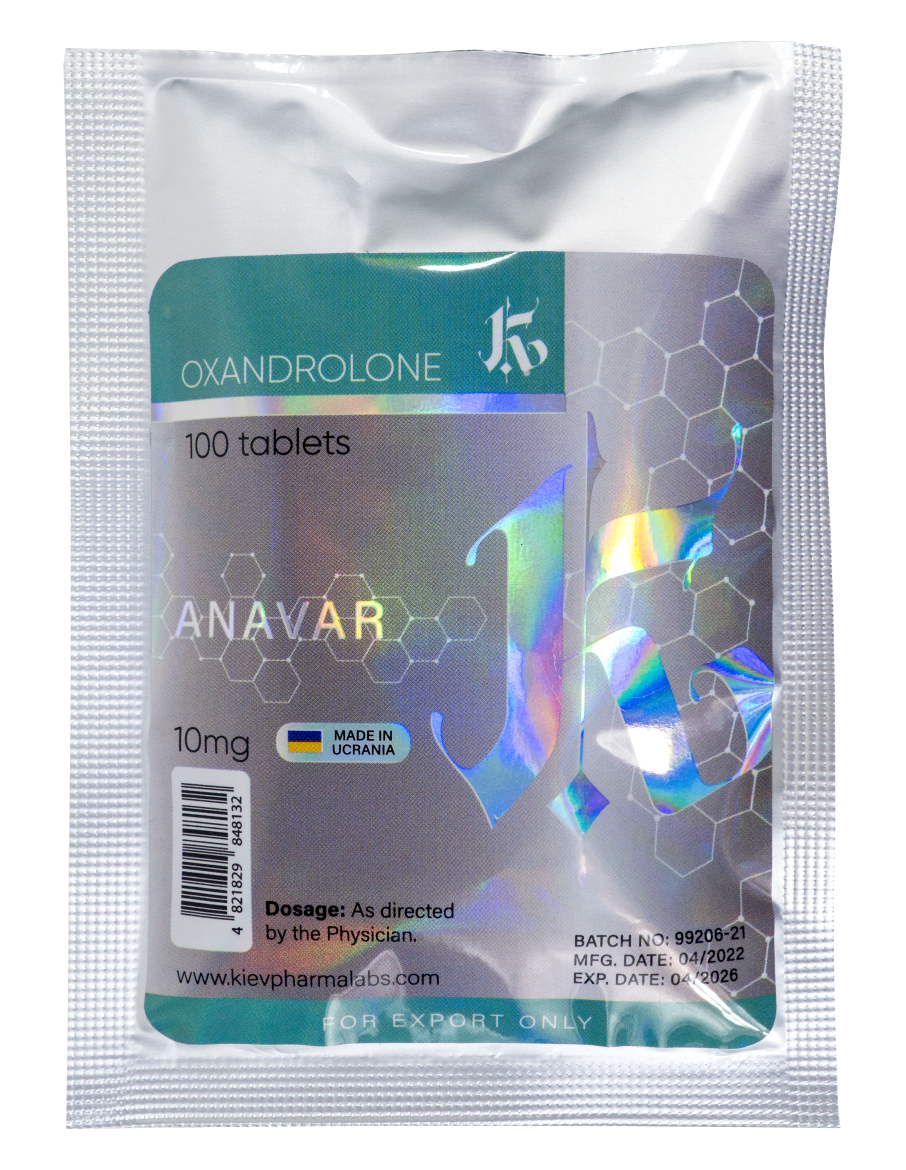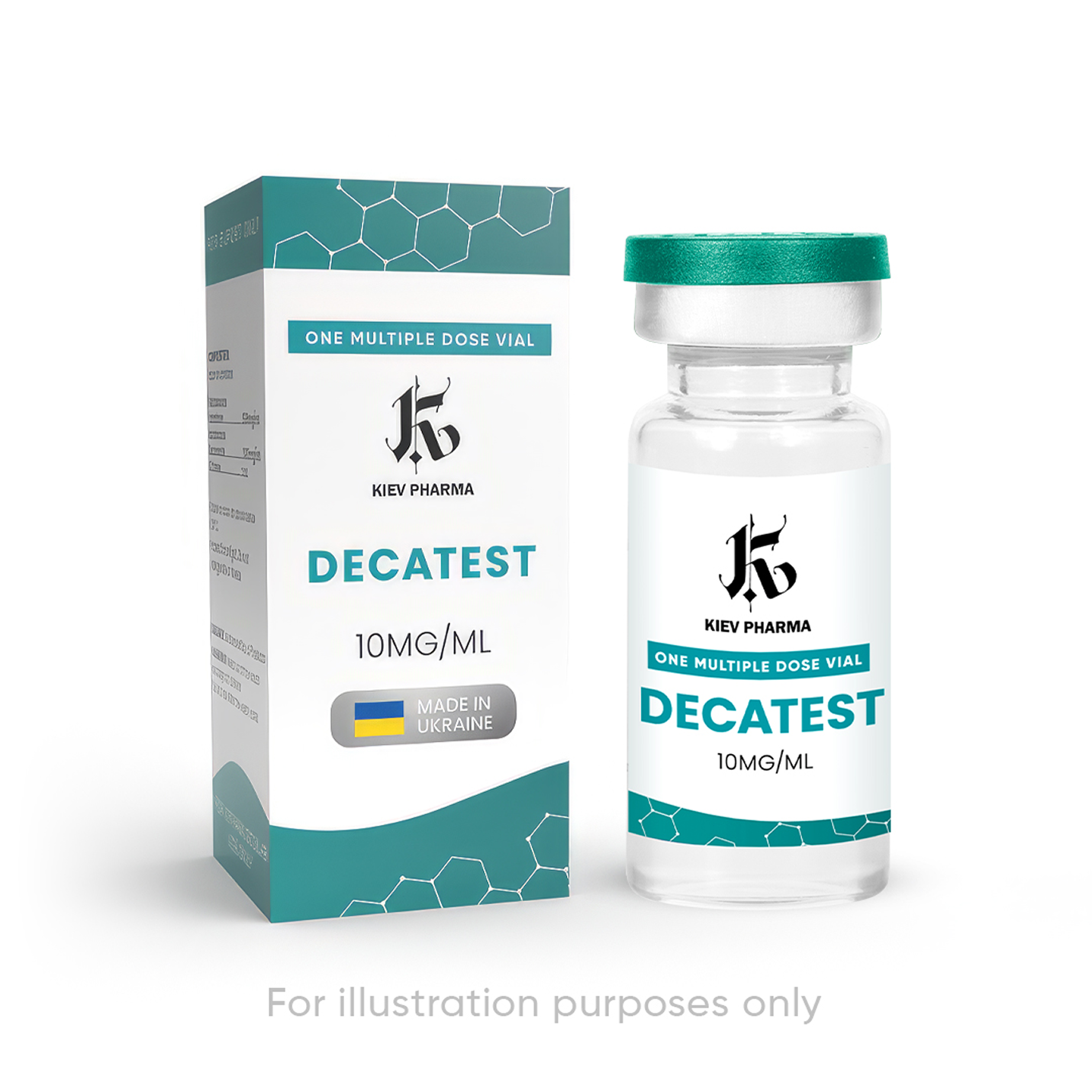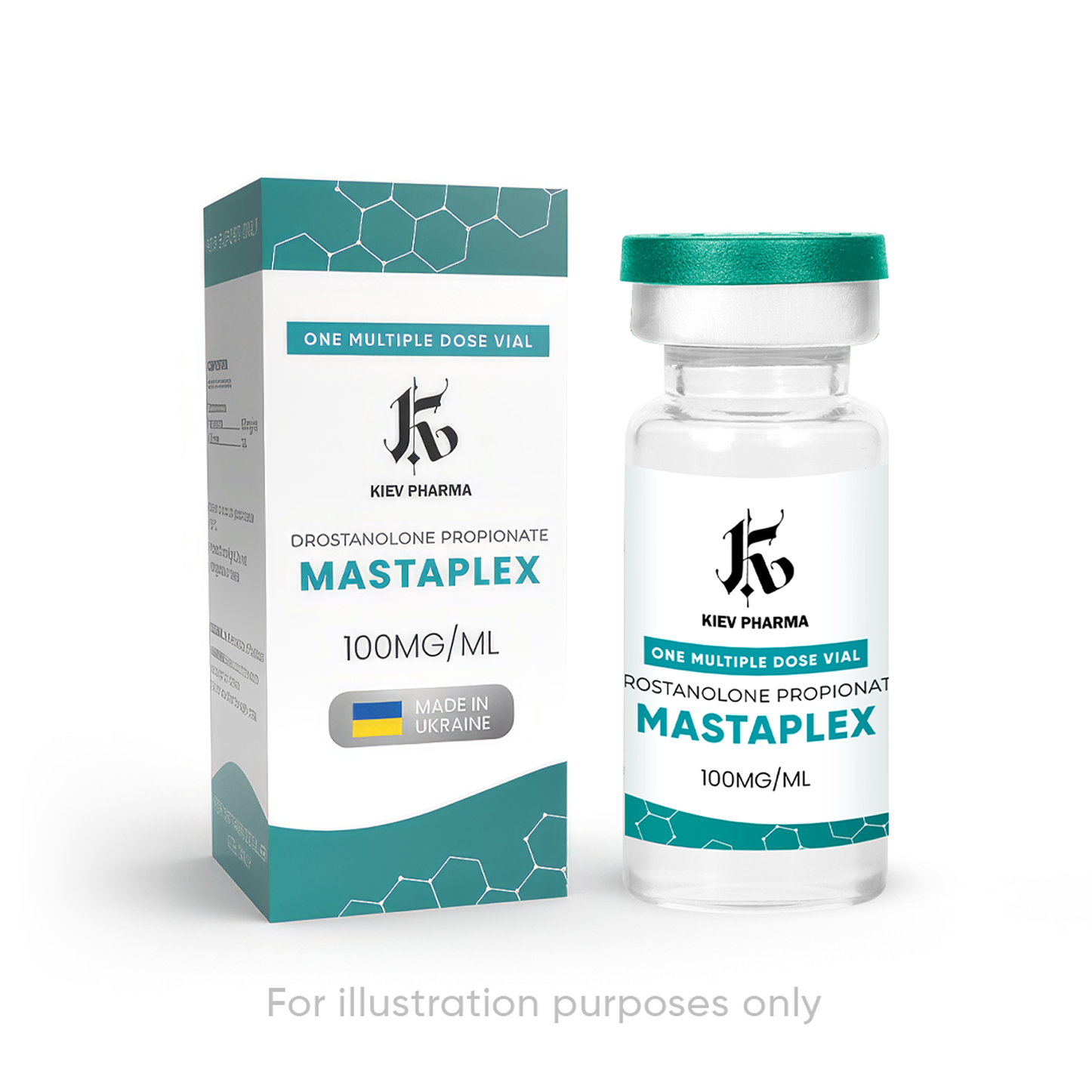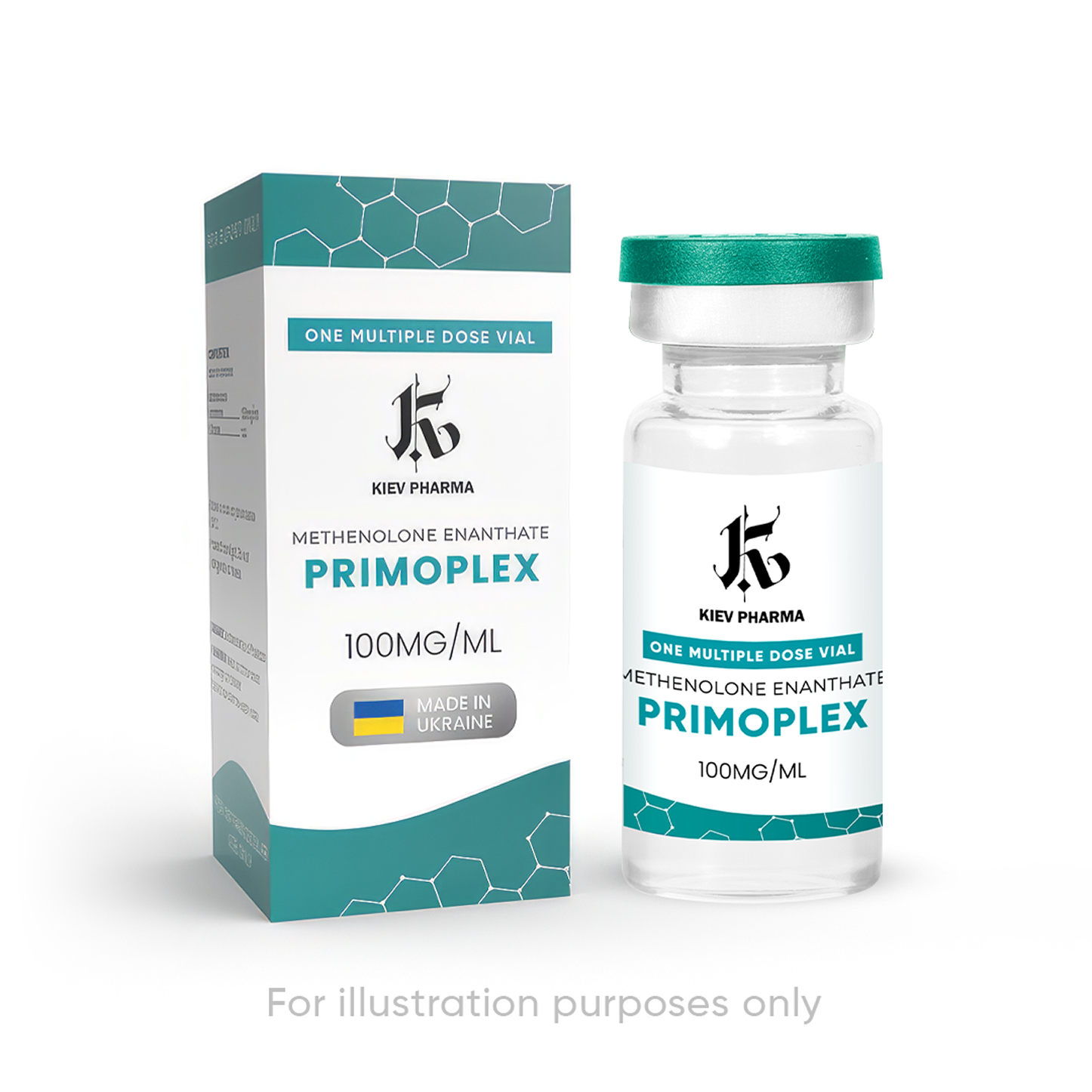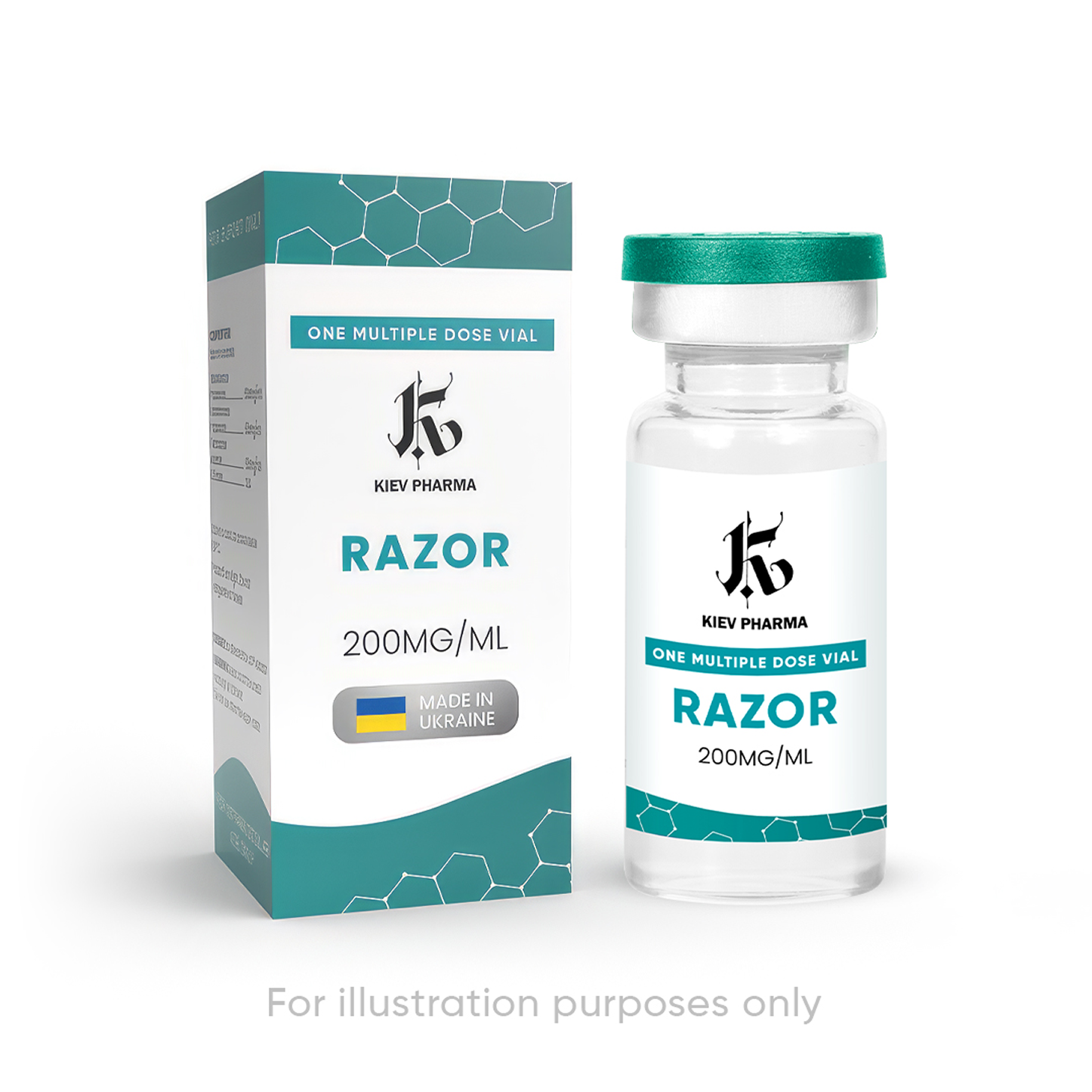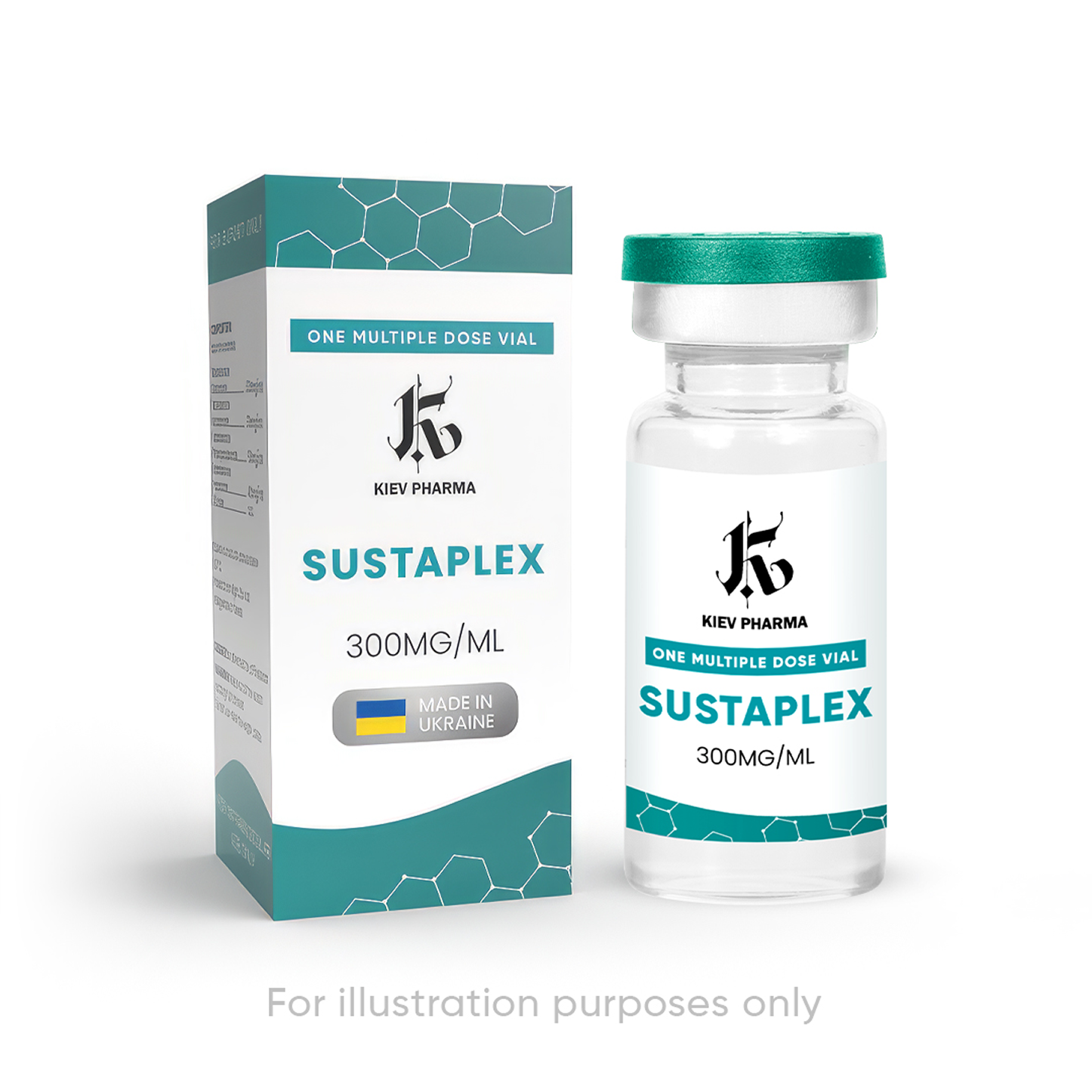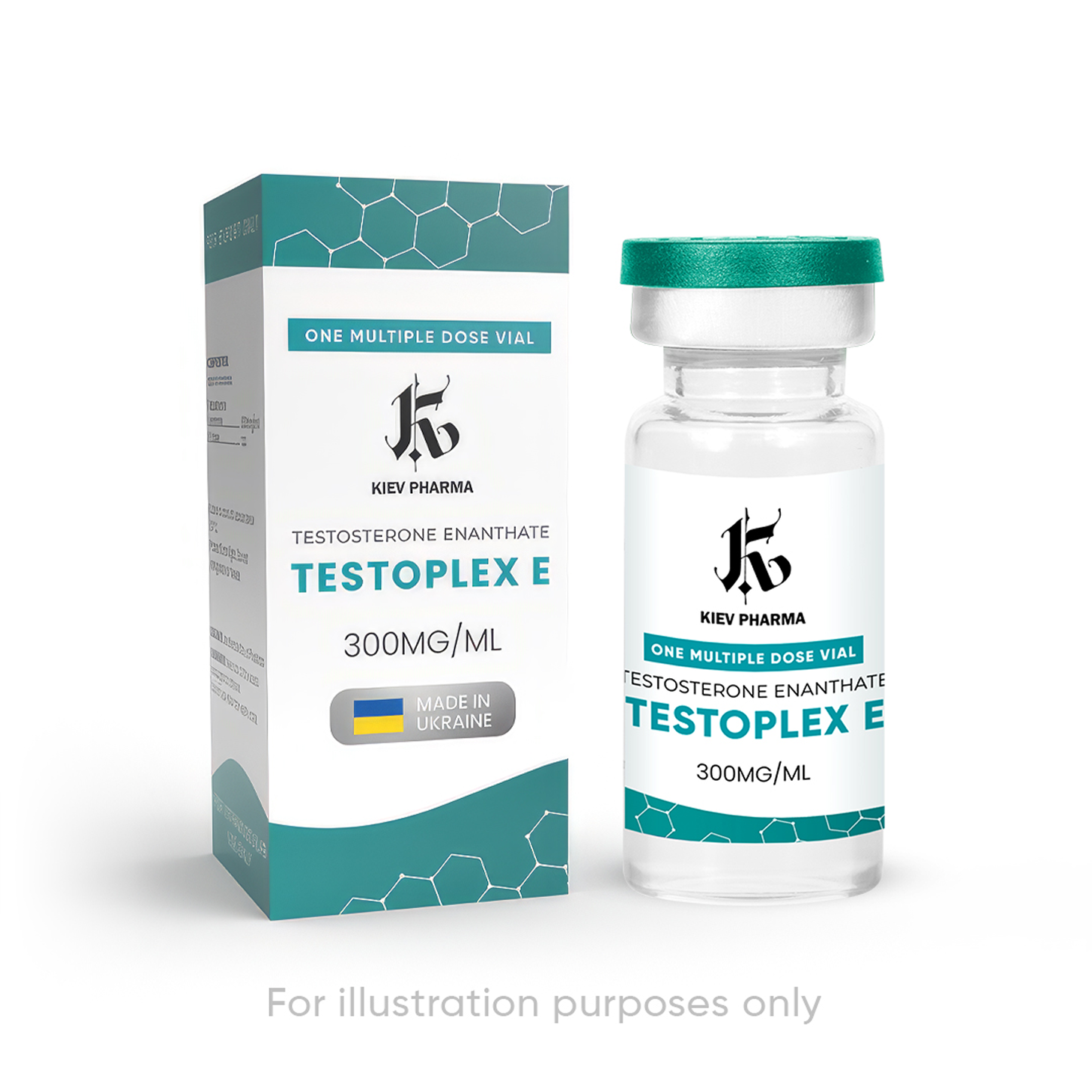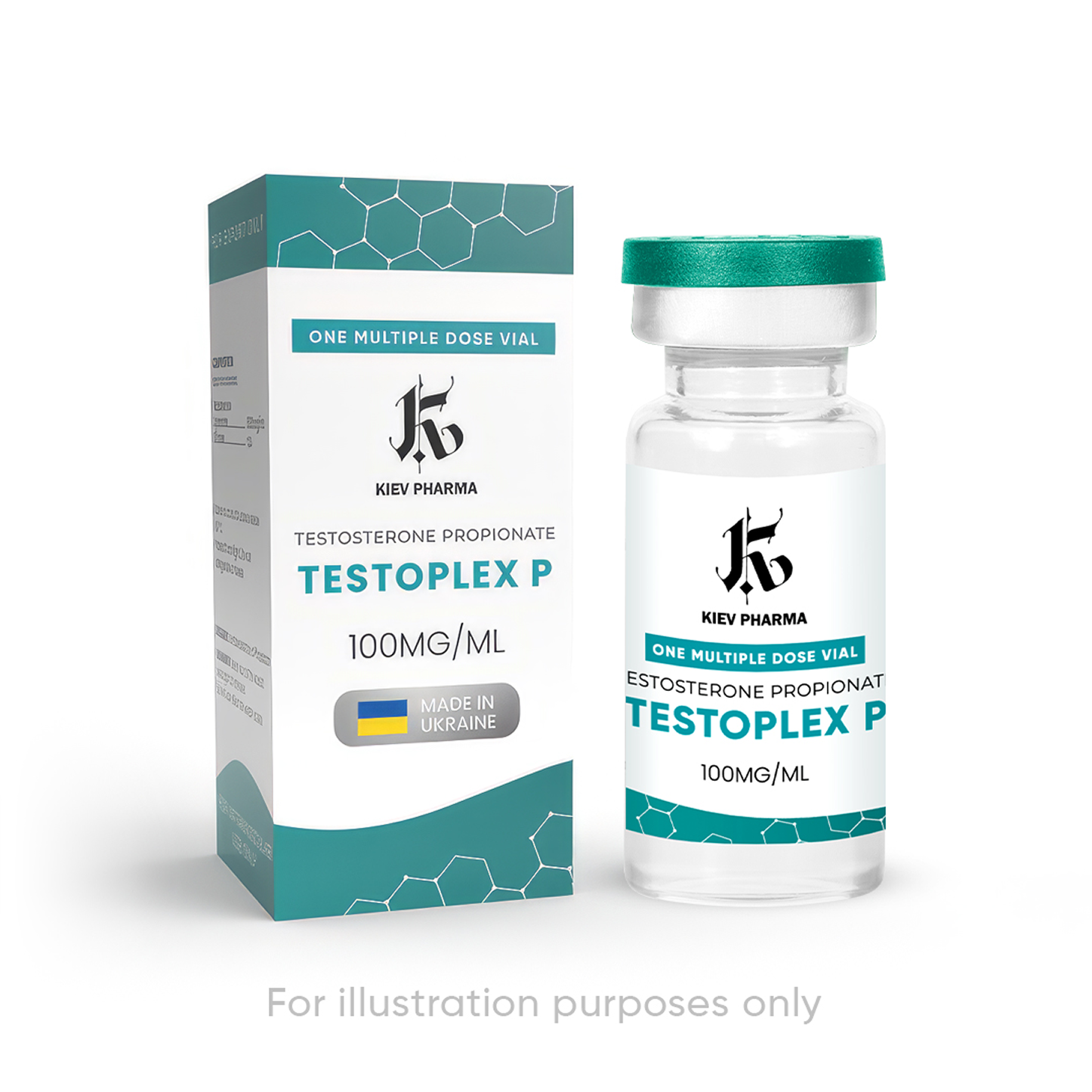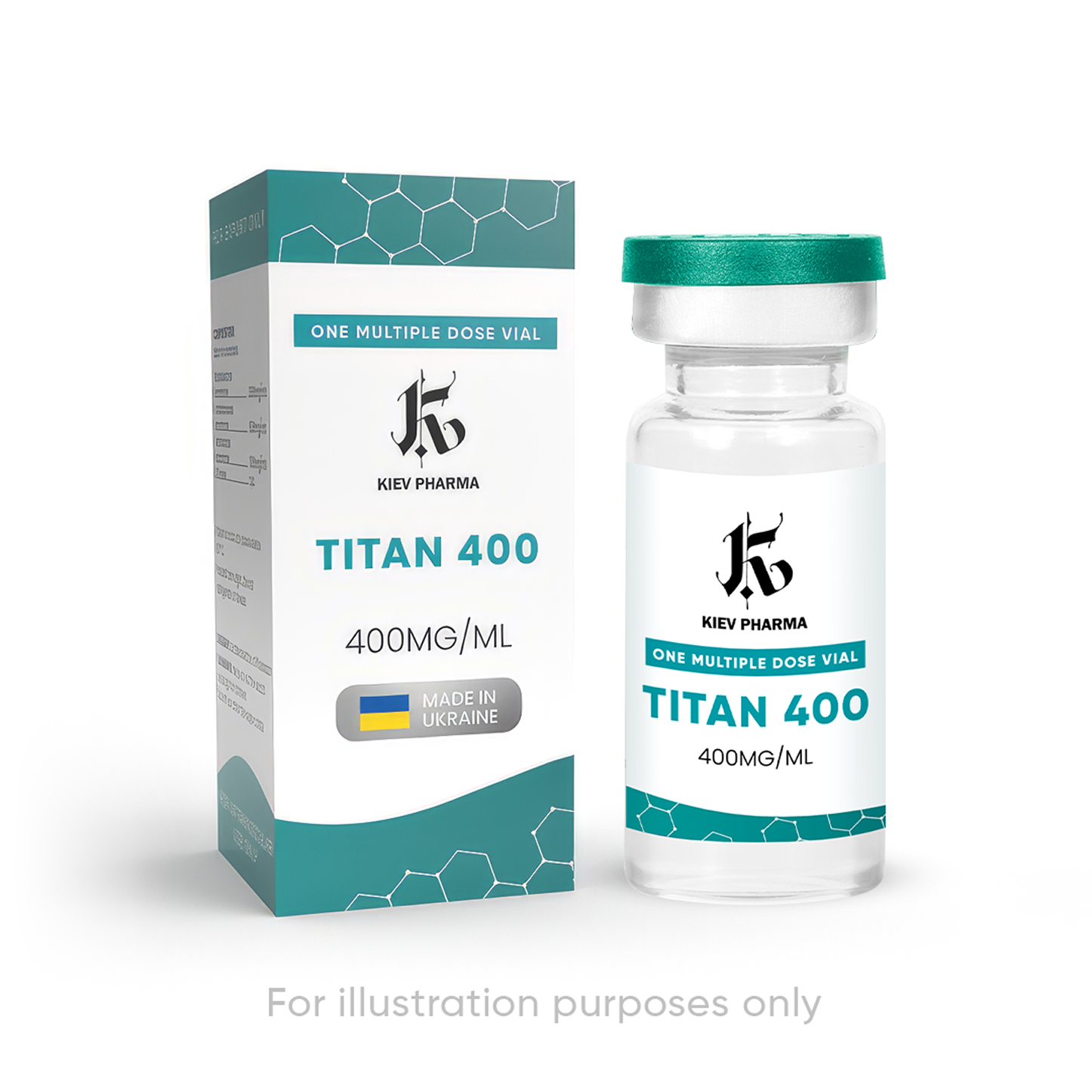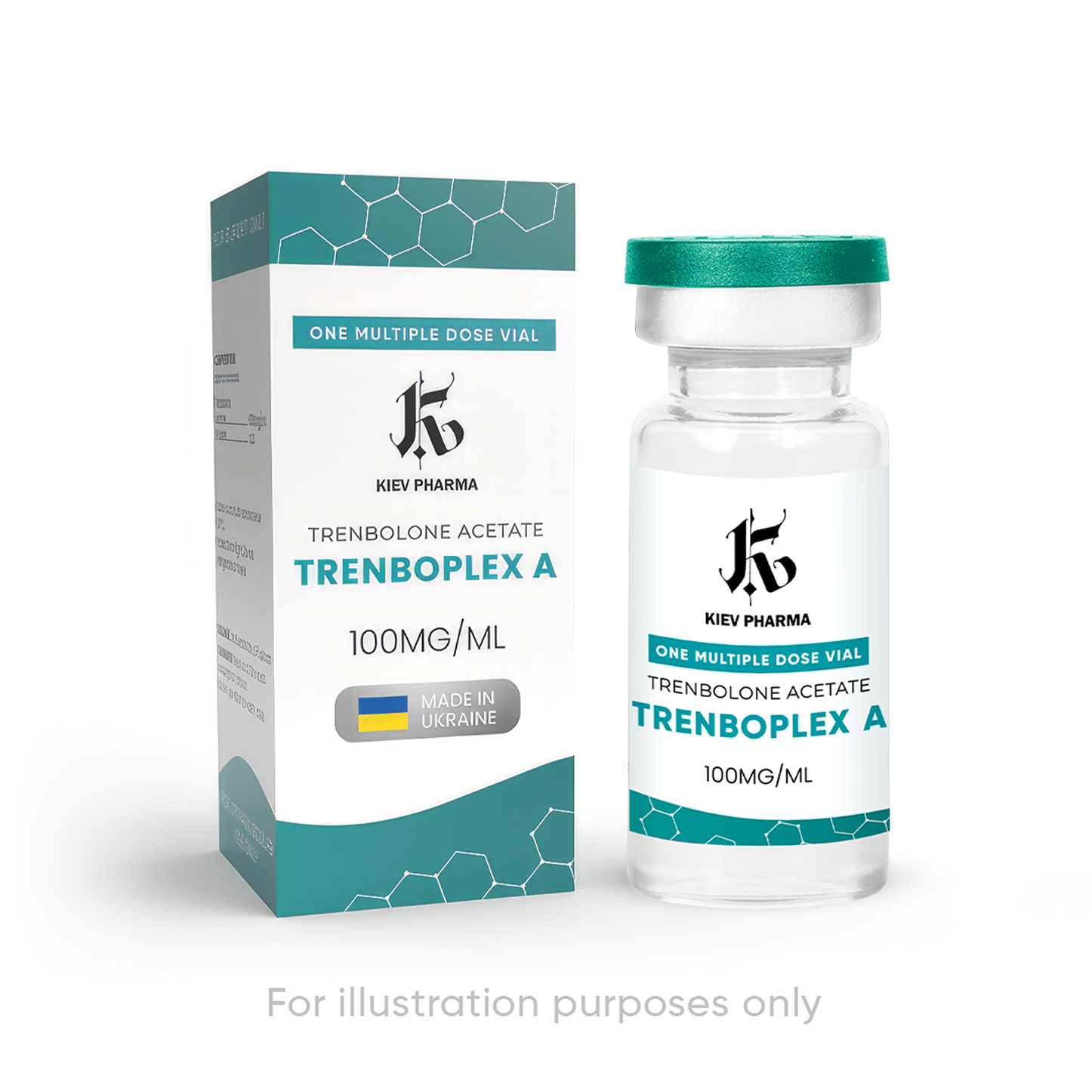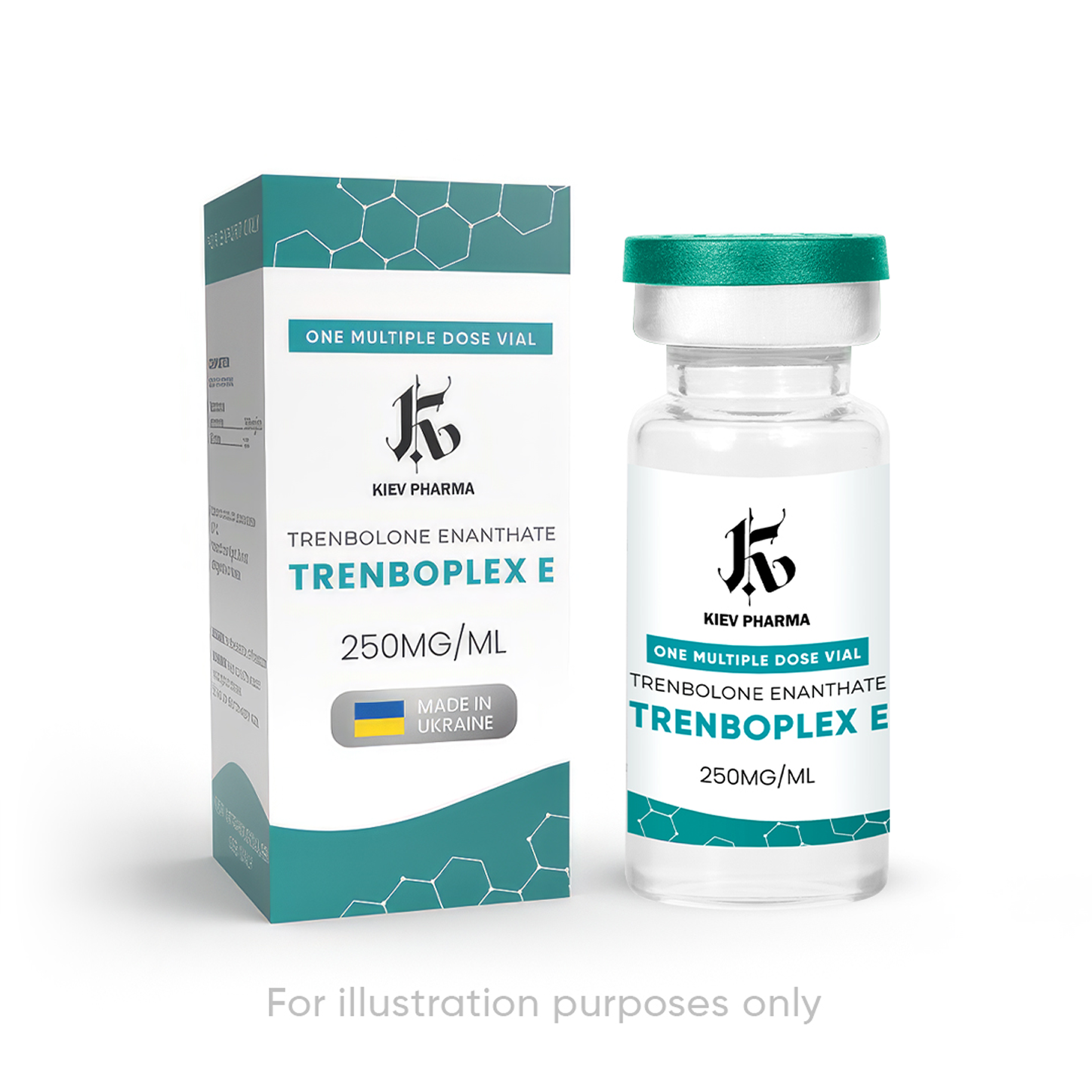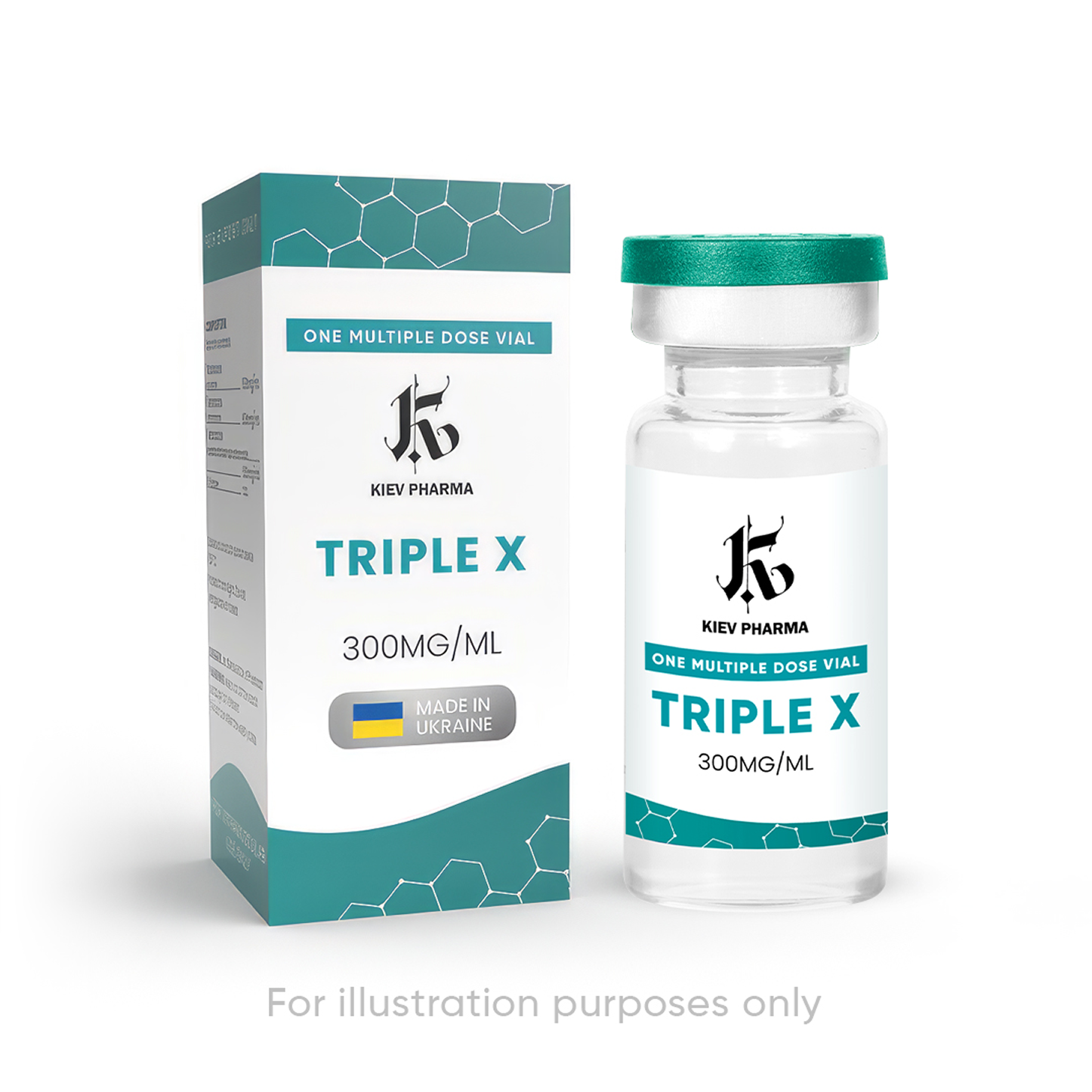For years, protein was seen as a nutrient reserved for athletes and gym enthusiasts. However, today it holds a central place in health and wellness discussions thanks to its key role in tissue repair, metabolism, satiety, and disease prevention.
Despite its importance, doubts and myths still surround how much to consume, how to do it, and what signs might indicate insufficient intake. Experts agree: understanding its function and adjusting intake to each individual is essential for a healthy life.

Why is protein essential for the body?
Protein is an essential macronutrient that the body cannot fully produce, as it requires certain amino acids that can only be obtained through diet. According to the Harvard T.H. Chan School of Public Health, it acts as a building block for muscles, bones, skin, hair, and organs.
Additionally, it:
- Plays a role in the formation of enzymes and hormones.
- Regulates metabolism.
- Strengthens the immune system.
Dr. Marianela Aguirre Ackermann, a specialist in Internal Medicine and Nutrition, explains that protein is unique because its supply largely depends on diet, unlike other compounds the body can synthesize.
Signs you may not be getting enough protein
A protein deficiency can be detected by paying attention to certain signs:
- Frequent hunger: even shortly after eating, due to lack of lasting satiety.
- Poor wound healing: cuts and scrapes take longer than normal to heal.
- Difficulty gaining muscle: even with consistent training.
- Hair loss: linked to insufficient follicle renewal.

- Brittle nails: caused by low keratin levels.
Common myths about protein
The rise in protein consumption has given way to false beliefs:
- “More protein means more muscle”: without strength training and rest, there’s no significant muscle gain.
- “Only athletes need it”: everyone needs protein daily.
- “It makes you gain weight”: no direct evidence; moderate consumption helps control appetite.
- “You can only meet your needs with supplements”: recommended amounts can be met with foods like eggs, meat, dairy, or legumes.
- “The more, the better”: the body only uses what it needs.
How much protein to consume according to your profile
General recommendations suggest 0.8 g per kg of body weight for adults with low to moderate physical activity. For example, a 70 kg person would need between 56 and 70 g per day.

- Older adults: 1.2 g/kg to prevent muscle loss.
- Active individuals or those doing strength training: between 1.2 and 2 g/kg.
- Special stages: pregnancy, breastfeeding, childhood, and adolescence increase requirements.
It’s not just about quantity: spreading protein throughout the day (20–40 g per meal) improves its absorption.
Sources of protein: animal and plant-based
- Animal: eggs, meat, fish, dairy, seafood.
- Plant: legumes, whole grains, nuts, seeds, soy products.
A varied diet that combines plant sources can fully meet essential amino acid needs.
Practical tips to increase protein in your diet
- Add Greek yogurt or cottage cheese to breakfast.
- Include eggs or tofu in main meals.
- Combine legumes with whole grains.
- Use nuts or seeds as snacks.
- Distribute protein portions evenly across all meals.
In summary
Protein is no longer exclusive to the sports world. It’s a vital nutrient for proper body function, and its benefits are reflected both in internal health and physical appearance. Beyond trends, what truly matters is consuming the right amount and quality, adapted to each stage and lifestyle.










